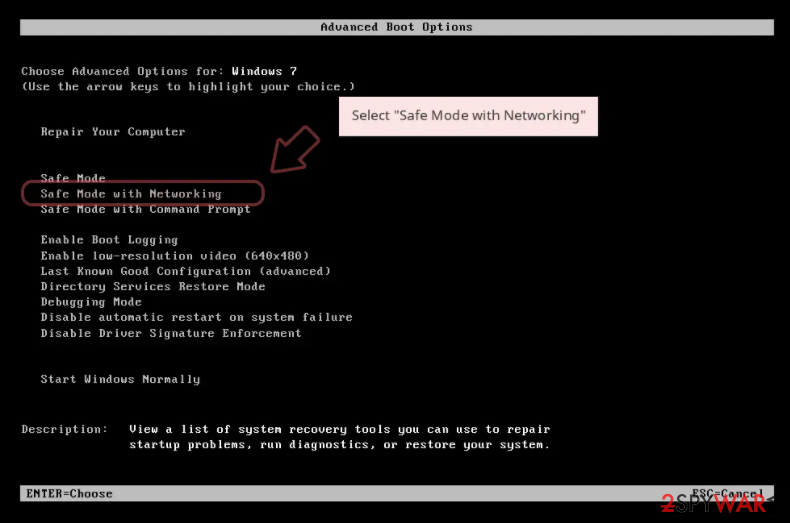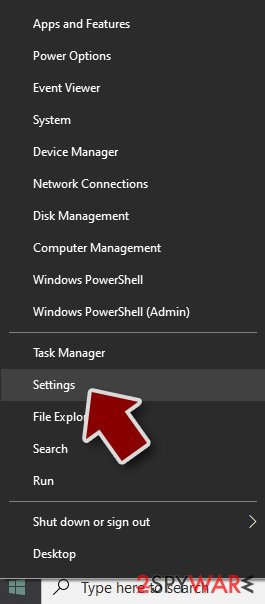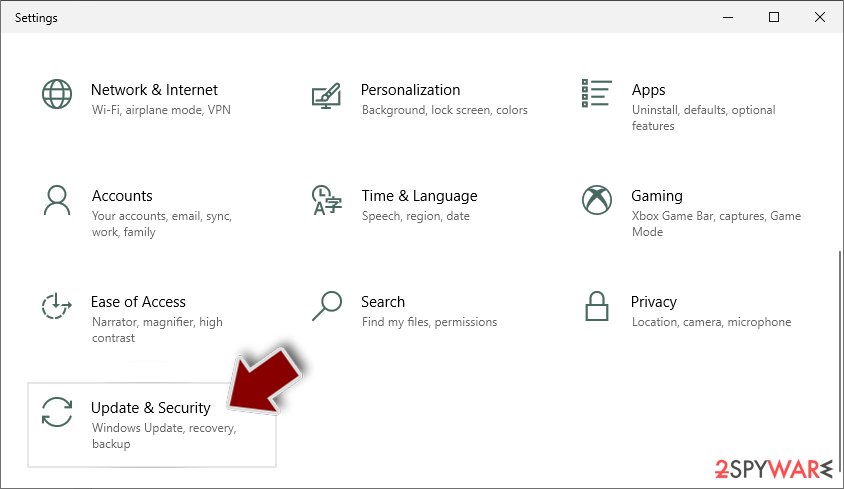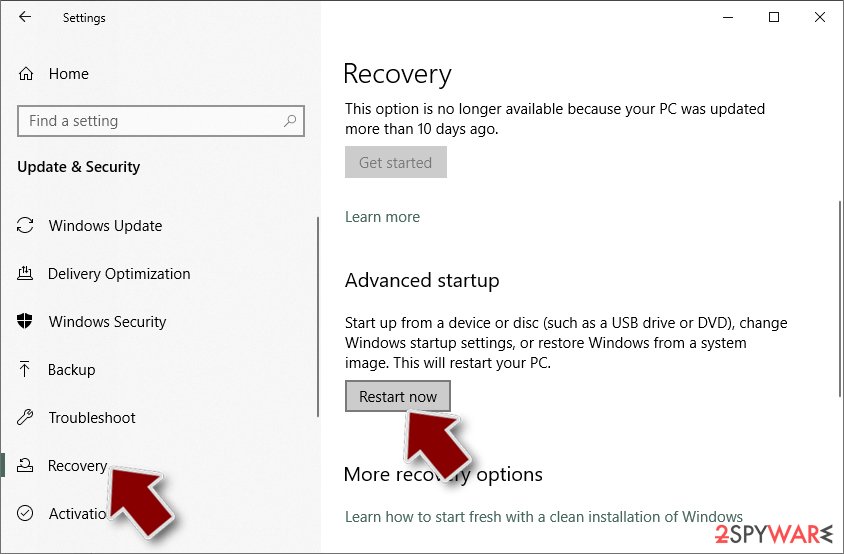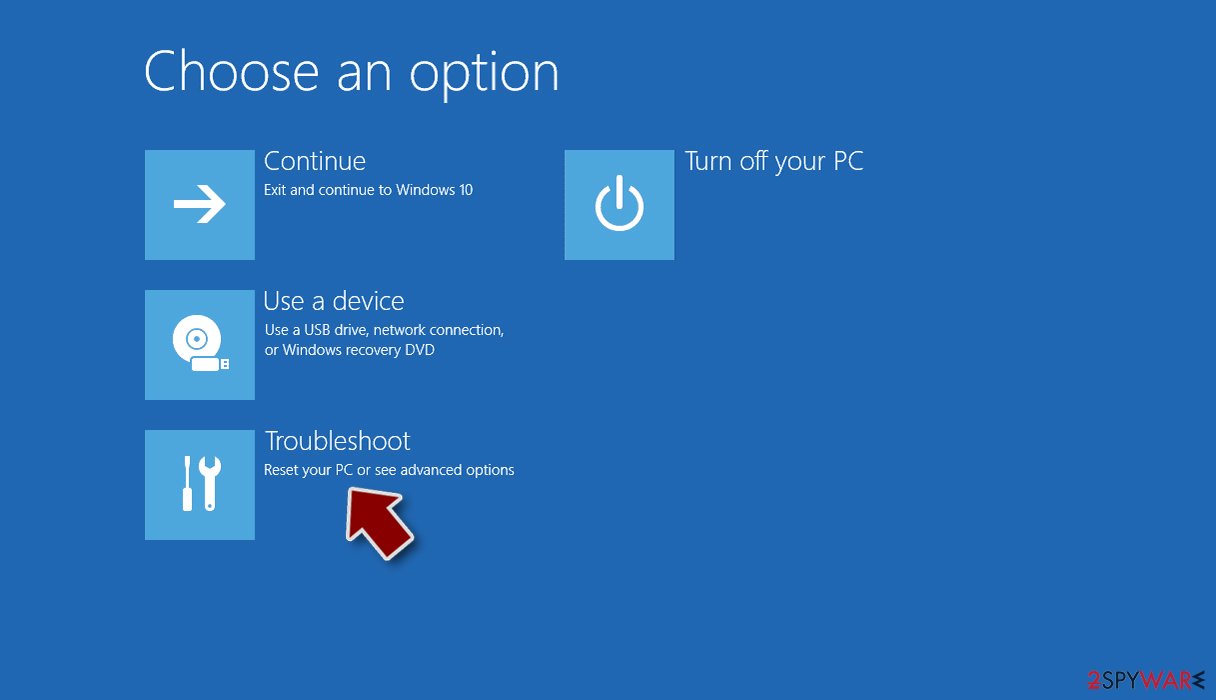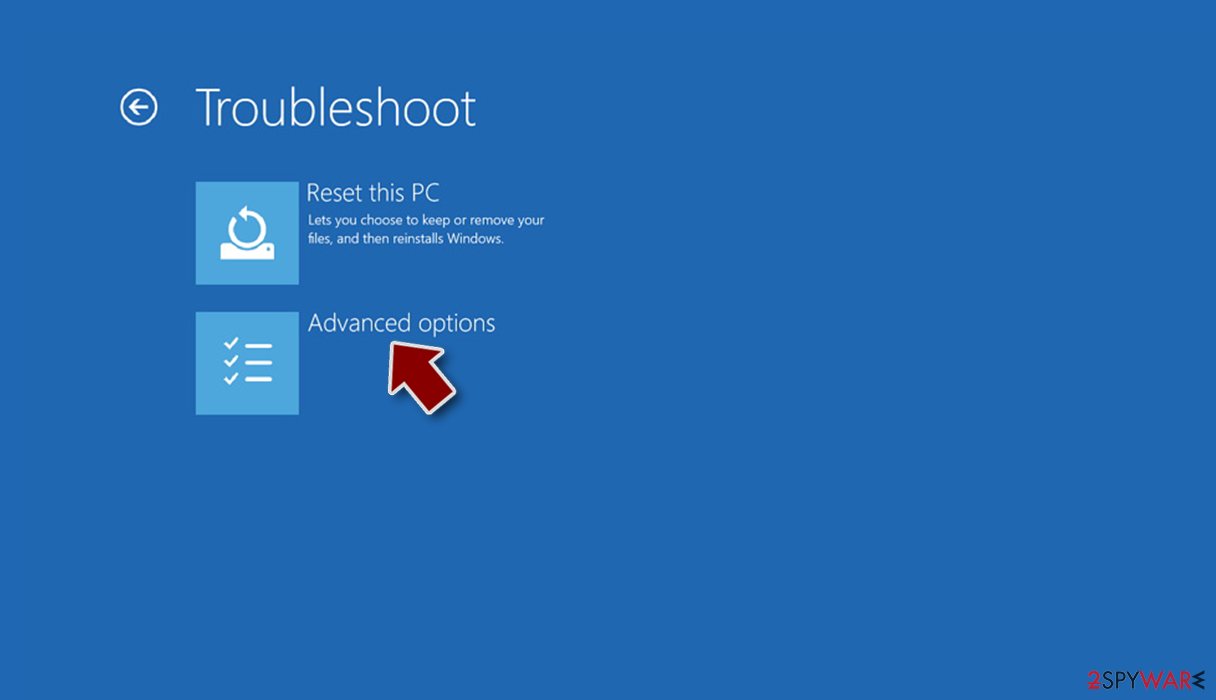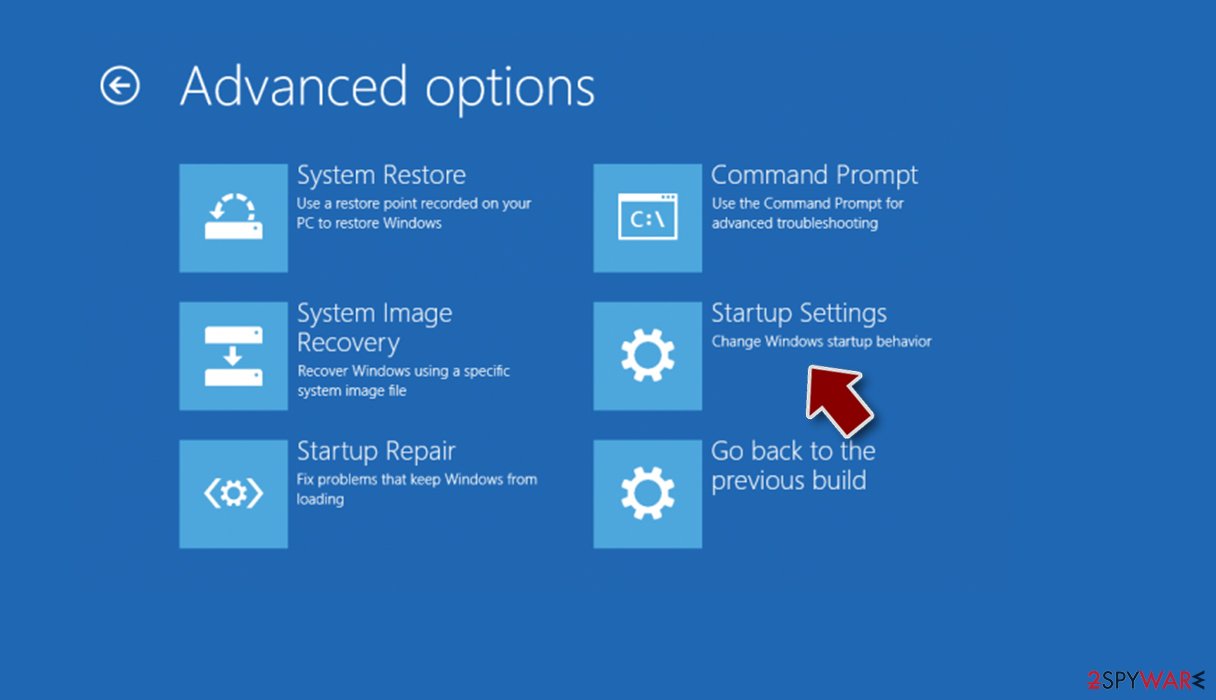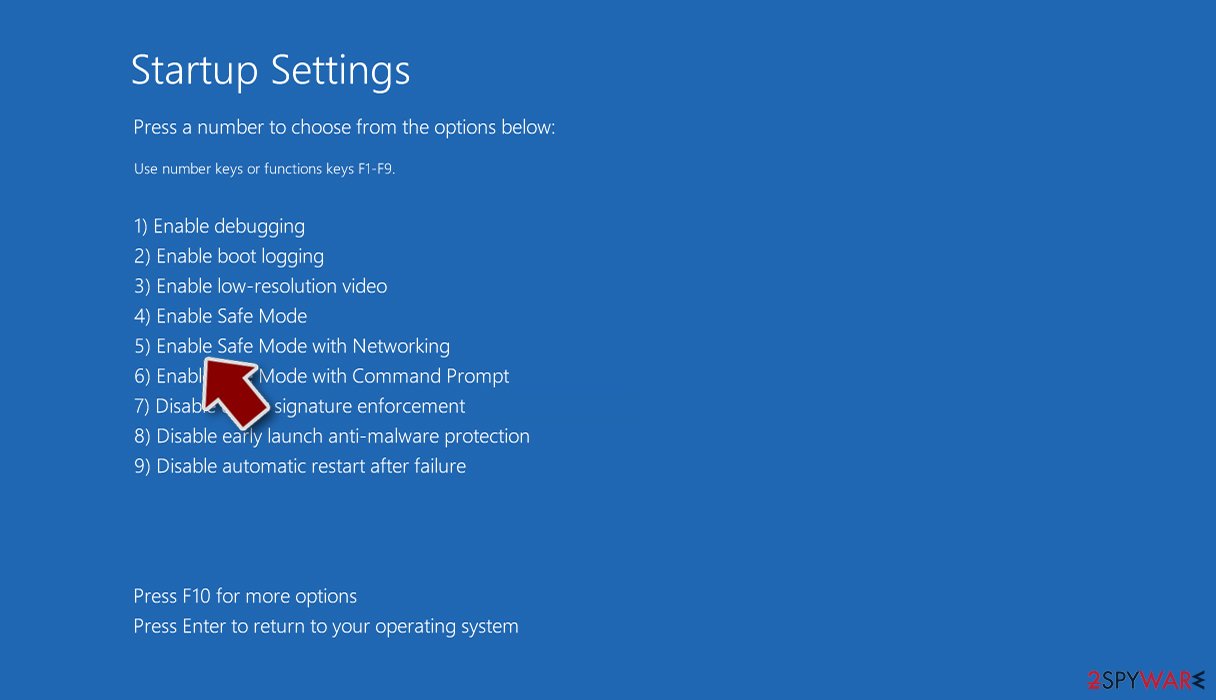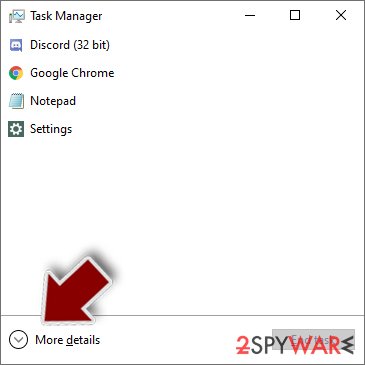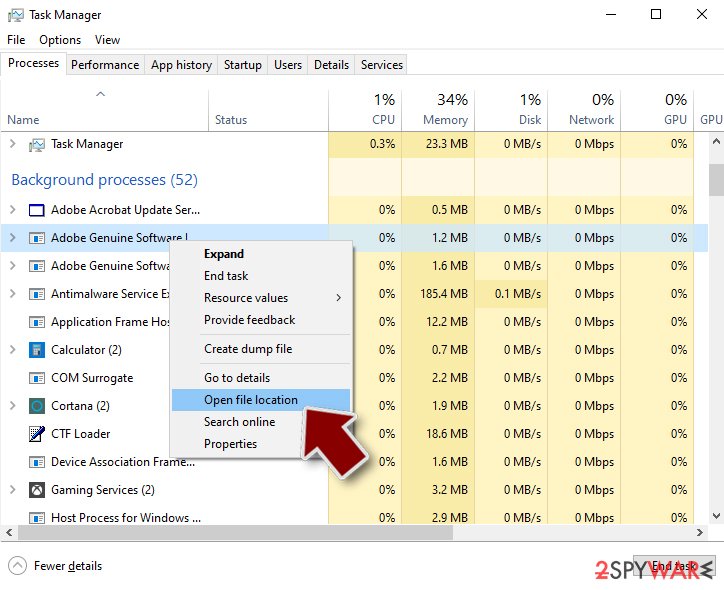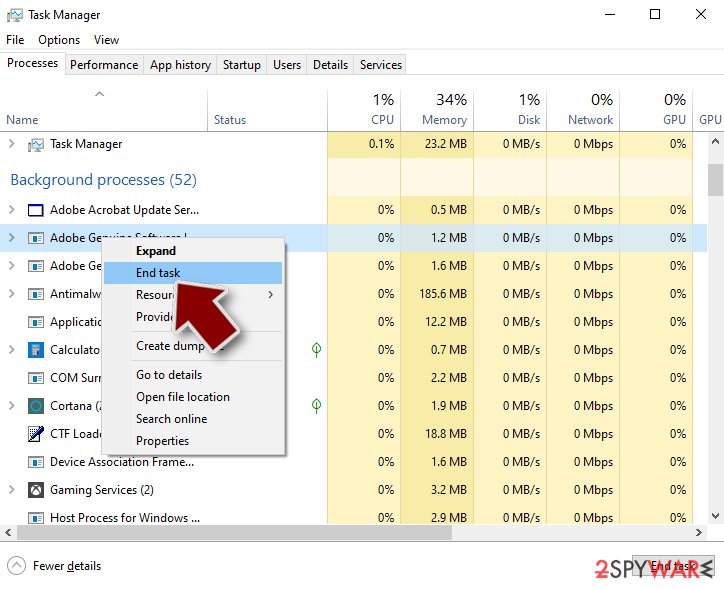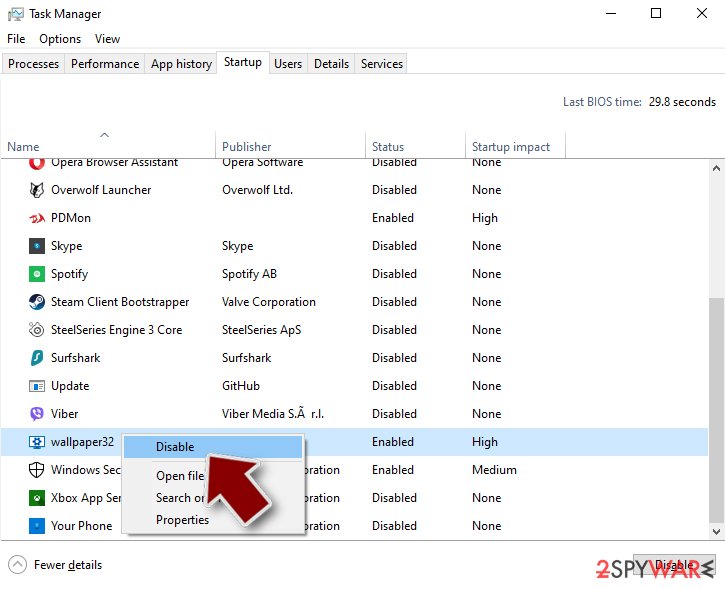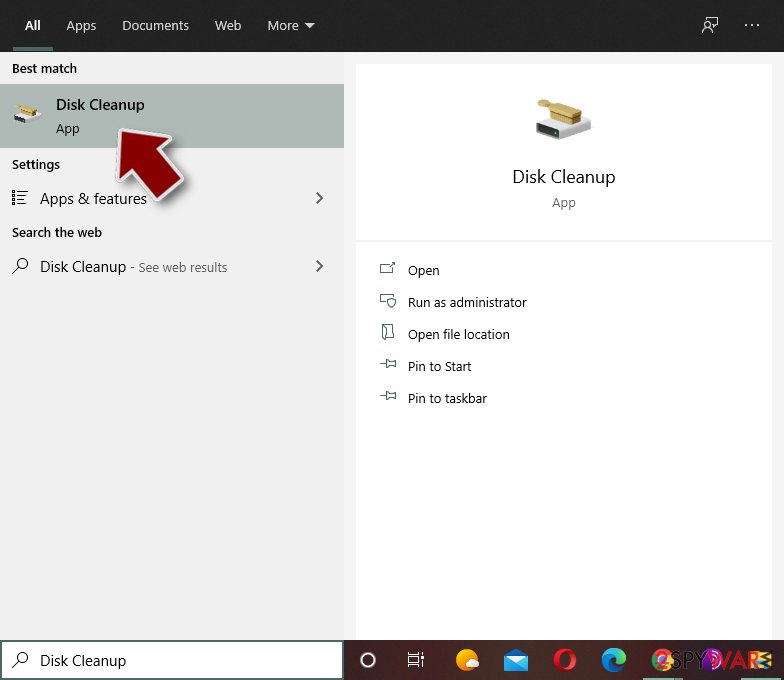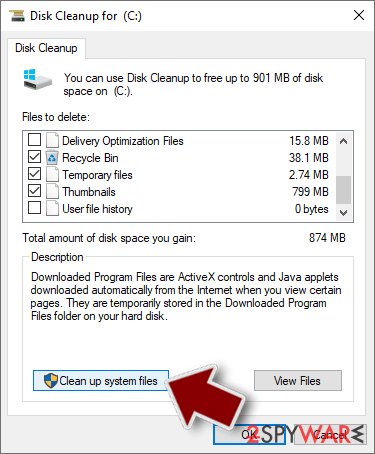.vvv File Extension virus (Free Instructions) - Bonus: Decryption Steps
.vvv File Extension virus Removal Guide
What is .vvv File Extension virus?
.vvv File Extension virus is a ransomware that will encode all users files and request the ransom
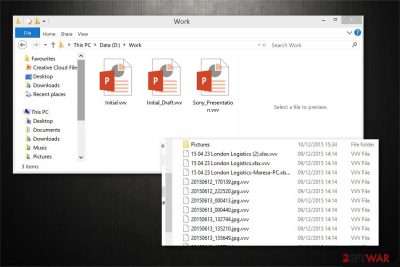
.vvv file extension virus is a file-encrypting program which is an additional version of the infamous Teslacrypt 2.0 ransomware. This crypto-malware employs AES 256 and CBC[1] ciphers to make most widely used files unreadable. After it finishes encoding data, files are appended with .vvv extension at the end. Usually, victims receive HELP_RESTORE.TXT ransom note which gives instructions on how to pay the ransom and recover encrypted data. However, there are multiple other names used by the ransom-demanding message as well.
| Name | .vvv file extension virus |
|---|---|
| Type | Ransomware |
| Precursor | TeslaCrypt |
| Danger level | High. Files encrypted by the malware are no longer accessible |
| Extension | .vvv |
| Cryptography | AES 256; CBC |
| Ransom note | HELP_RESTORE.TXT; HOW_RECOVER.HTML; HELP_RESTORE.HTML; HOW_RECOVER.TXT |
| Decryptable | There is a free TeslaCrypt decryptor developed by ESET. Might work on this new virus version as well |
| Removal | You can remove the infection with a tool like anti-malware program. It finds malicious program and other pieces |
| Repair | Systsem recovery after the virus requires FortectIntego or a similar tool capable of finding and fixing virus damage |
According to the experts, the file extension virus is actively targeting people from Japan. Users report that they have detected a cyber threat operating under the name of vvv ウイルス on their computers. The English translation for this term stands for vvv virus. Thus, people located in East Asia should be exceptionally cautious.
Usually, ransomware-type infections like this infiltrate the systems via malicious spam emails. Once it enters the computer, all of the most widely used files are locked and appended with .vvv file extension. Unfortunately, they become no longer accessible, and the victim receives the ransom note with recovery instructions.
Users note that the developers of this cyber threat demand to pay the ransom for file recovery. In order to decrypt the data, victims must pay a specific amount of money in Bitcoins to receive the decryption software. Although, there are no guarantees that criminals will send it after the payment[2].
Note that novice computer users are easily tricked to pay more and more money for file openers. Likewise, attackers often double ransom demands since they are aware that people want to get back the encrypted data desperately. Therefore, we strongly advise you to refrain from contacting the hackers for .vvv file decrypter.
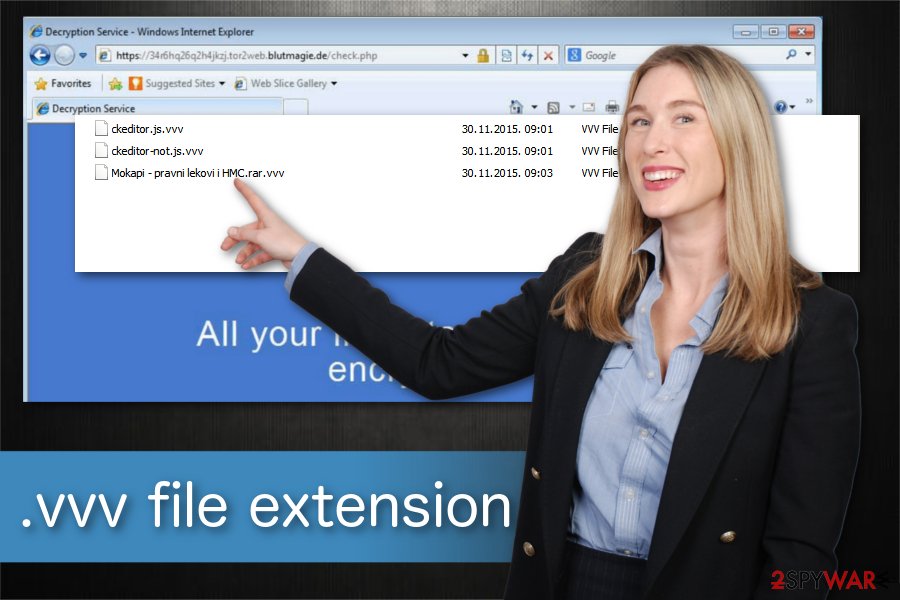
In fact, researchers from ESET have developed an official decryption software for the precursor of .vvv file extension virus which is known as TeslaCrypt. Users are recommended to try this tool instead of paying the ransom as it is entirely free and might help them remove the malware and unlock the data.
Although, before using the virus removal tool, you should remove .vvv file extension virus first. Keep in mind that ransomware-type infections are highly sophisticated and contain numerous different components. For complete elimination of the crypto-malware, you must delete all related elements.
The easiest way to identify ransomware components is running a full system scan with a reliable antivirus program. You can complete .vvv file extension virus removal with SpyHunter 5Combo Cleaner, Malwarebytes in several minutes. Once the cyber threat is terminated, users can head to the file recovery.
File-encrypting viruses reside in malicious email attachments
As it was mentioned before, ransomware infections infiltrate the systems through email inboxes. In other terms, criminals place the payload of the file-encrypting virus inside the email as an attachment. Even though it seems that it could be quickly identified as malicious, attackers create false names for attached files to trick gullible people.
Therefore, you have to be very careful if you receive an e-mail from an unknown sender and especially if such e-mail letter includes attachments. Pay attention to the e-mail address of the originator because sometimes cybercriminals try to imitate that they are sending you an innocent invoice or shopping receipt.
However, do not fall for such deceptions and do not open such attachments. It is wise to download and use a professional security tool with real-time protection. This way the antivirus would block the access to your system for various cyber threats in time.
Get the file extension removal tool to uninstall the ransomware
Before we introduce you to the methods showing how to perform the file recovery, it is vital to remove .vvv file extension virus first. Otherwise, this crypto-malware will begin data encryption again and compromise information which is stored on your computer.
For vvv file extension removal download and install a professional antivirus software. Researchers[3] always recommend using SpyHunter 5Combo Cleaner or Malwarebytes as they are certified and easy-to-use. If the ransomware prevents you from installing the security tool, you should boot your system into Safe Mode. Guidelines are provided below. You should also take care of damaged files in the system with FortectIntego or a similar tool.
Additionally, keep in mind that you don't need to pay the ransom as IT experts provide a free vvv file extension removal tool also known as the decryption software. Learn how to use it and where to get it by following the steps at the end of this article.
Getting rid of .vvv File Extension virus. Follow these steps
Manual removal using Safe Mode
Important! →
Manual removal guide might be too complicated for regular computer users. It requires advanced IT knowledge to be performed correctly (if vital system files are removed or damaged, it might result in full Windows compromise), and it also might take hours to complete. Therefore, we highly advise using the automatic method provided above instead.
Step 1. Access Safe Mode with Networking
Manual malware removal should be best performed in the Safe Mode environment.
Windows 7 / Vista / XP
- Click Start > Shutdown > Restart > OK.
- When your computer becomes active, start pressing F8 button (if that does not work, try F2, F12, Del, etc. – it all depends on your motherboard model) multiple times until you see the Advanced Boot Options window.
- Select Safe Mode with Networking from the list.

Windows 10 / Windows 8
- Right-click on Start button and select Settings.

- Scroll down to pick Update & Security.

- On the left side of the window, pick Recovery.
- Now scroll down to find Advanced Startup section.
- Click Restart now.

- Select Troubleshoot.

- Go to Advanced options.

- Select Startup Settings.

- Press Restart.
- Now press 5 or click 5) Enable Safe Mode with Networking.

Step 2. Shut down suspicious processes
Windows Task Manager is a useful tool that shows all the processes running in the background. If malware is running a process, you need to shut it down:
- Press Ctrl + Shift + Esc on your keyboard to open Windows Task Manager.
- Click on More details.

- Scroll down to Background processes section, and look for anything suspicious.
- Right-click and select Open file location.

- Go back to the process, right-click and pick End Task.

- Delete the contents of the malicious folder.
Step 3. Check program Startup
- Press Ctrl + Shift + Esc on your keyboard to open Windows Task Manager.
- Go to Startup tab.
- Right-click on the suspicious program and pick Disable.

Step 4. Delete virus files
Malware-related files can be found in various places within your computer. Here are instructions that could help you find them:
- Type in Disk Cleanup in Windows search and press Enter.

- Select the drive you want to clean (C: is your main drive by default and is likely to be the one that has malicious files in).
- Scroll through the Files to delete list and select the following:
Temporary Internet Files
Downloads
Recycle Bin
Temporary files - Pick Clean up system files.

- You can also look for other malicious files hidden in the following folders (type these entries in Windows Search and press Enter):
%AppData%
%LocalAppData%
%ProgramData%
%WinDir%
After you are finished, reboot the PC in normal mode.
Remove .vvv File Extension using System Restore
-
Step 1: Reboot your computer to Safe Mode with Command Prompt
Windows 7 / Vista / XP- Click Start → Shutdown → Restart → OK.
- When your computer becomes active, start pressing F8 multiple times until you see the Advanced Boot Options window.
-
Select Command Prompt from the list

Windows 10 / Windows 8- Press the Power button at the Windows login screen. Now press and hold Shift, which is on your keyboard, and click Restart..
- Now select Troubleshoot → Advanced options → Startup Settings and finally press Restart.
-
Once your computer becomes active, select Enable Safe Mode with Command Prompt in Startup Settings window.

-
Step 2: Restore your system files and settings
-
Once the Command Prompt window shows up, enter cd restore and click Enter.

-
Now type rstrui.exe and press Enter again..

-
When a new window shows up, click Next and select your restore point that is prior the infiltration of .vvv File Extension. After doing that, click Next.


-
Now click Yes to start system restore.

-
Once the Command Prompt window shows up, enter cd restore and click Enter.
Bonus: Recover your data
Guide which is presented above is supposed to help you remove .vvv File Extension from your computer. To recover your encrypted files, we recommend using a detailed guide prepared by 2-spyware.com security experts.If your files are encrypted by .vvv File Extension, you can use several methods to restore them:
E
- Download Data Recovery Pro;
- Follow the steps of Data Recovery Setup and install the program on your computer;
- Launch it and scan your computer for files encrypted by .vvv File Extension ransomware;
- Restore them.
Use TeslaCrypt decryptor to remove .vvv file extension
Cybersecurity researchers have developed TeslaCrypt decryption software. Since this cyber threat is the precursor of the file-encrypting virus, there are high chances that it could operate as vvv file extension removal tool as well. Download it here.
Finally, you should always think about the protection of crypto-ransomwares. In order to protect your computer from .vvv File Extension and other ransomwares, use a reputable anti-spyware, such as FortectIntego, SpyHunter 5Combo Cleaner or Malwarebytes
How to prevent from getting ransomware
Do not let government spy on you
The government has many issues in regards to tracking users' data and spying on citizens, so you should take this into consideration and learn more about shady information gathering practices. Avoid any unwanted government tracking or spying by going totally anonymous on the internet.
You can choose a different location when you go online and access any material you want without particular content restrictions. You can easily enjoy internet connection without any risks of being hacked by using Private Internet Access VPN.
Control the information that can be accessed by government any other unwanted party and surf online without being spied on. Even if you are not involved in illegal activities or trust your selection of services, platforms, be suspicious for your own security and take precautionary measures by using the VPN service.
Backup files for the later use, in case of the malware attack
Computer users can suffer from data losses due to cyber infections or their own faulty doings. Ransomware can encrypt and hold files hostage, while unforeseen power cuts might cause a loss of important documents. If you have proper up-to-date backups, you can easily recover after such an incident and get back to work. It is also equally important to update backups on a regular basis so that the newest information remains intact – you can set this process to be performed automatically.
When you have the previous version of every important document or project you can avoid frustration and breakdowns. It comes in handy when malware strikes out of nowhere. Use Data Recovery Pro for the data restoration process.
- ^ Block cipher mode of operation. Wikipedia. The Free Encyclopedia.
- ^ Paying for ransomware could cost you more than just the ransom. Trend Micro. Enterprise Cybersecurity Solutions.
- ^ NoVirus. NoVirus. Security and Spyware News.
